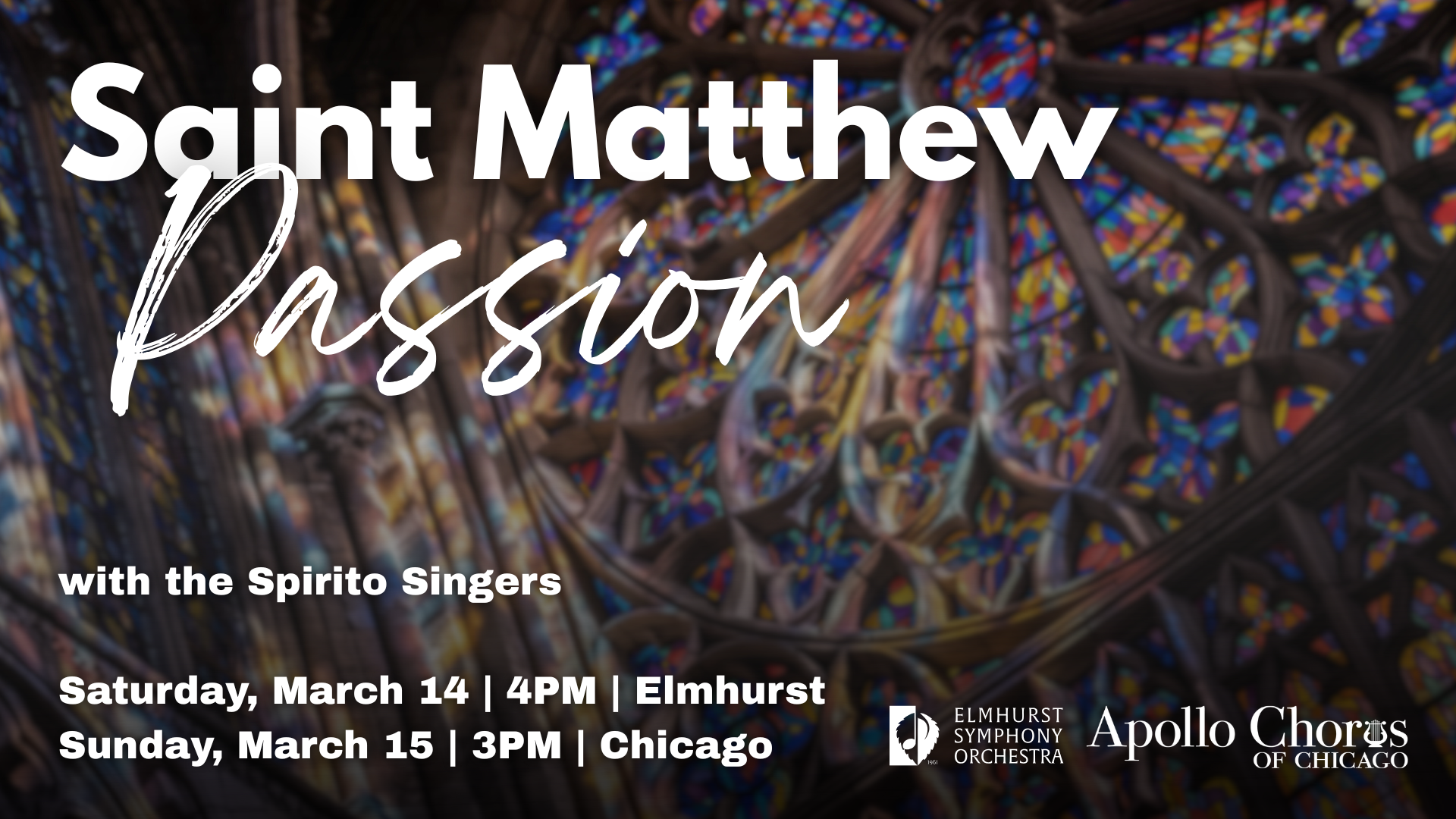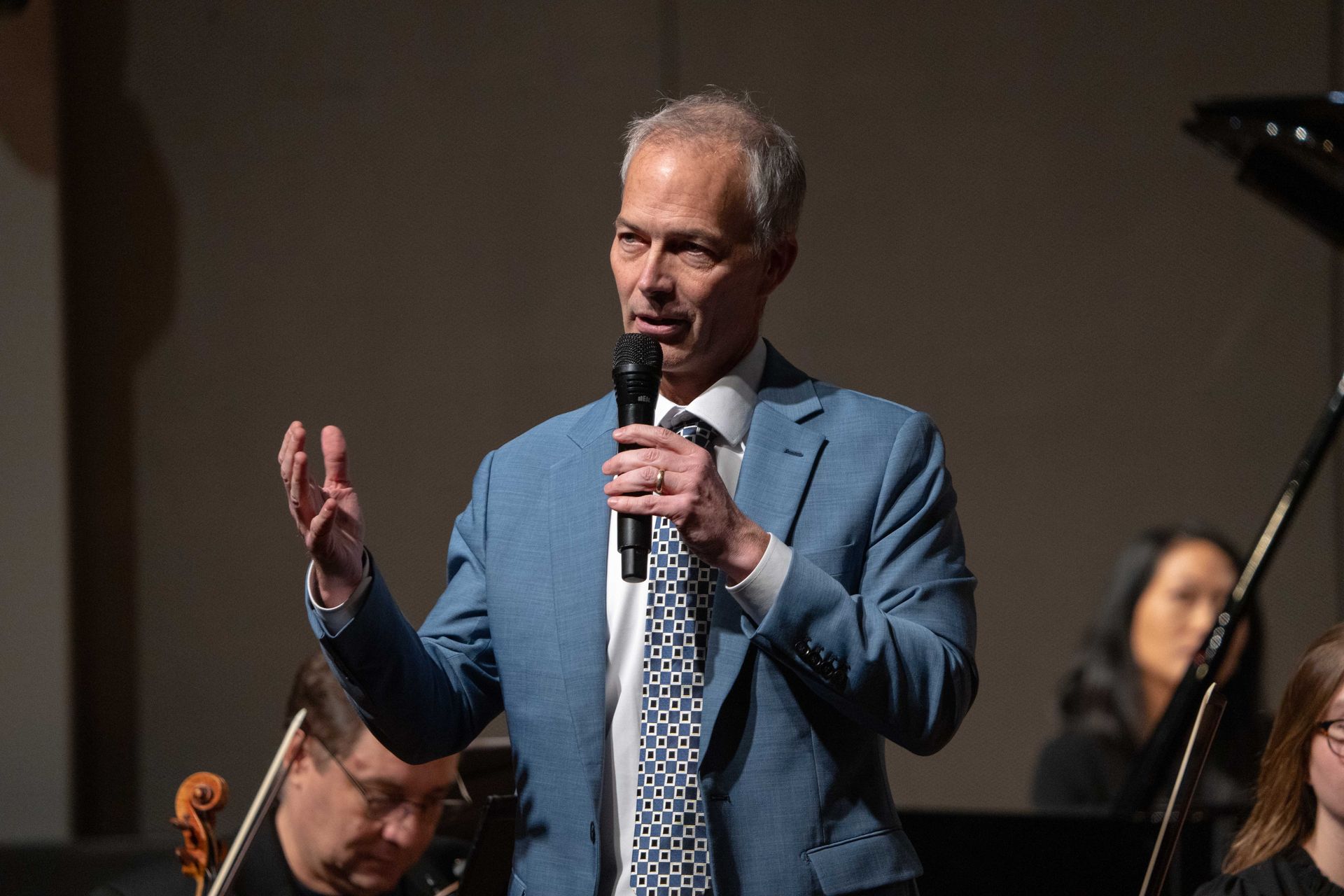10 Things You Might Not Know About Johannes Brahms
Here you go!
1. Brahms was anything but a normal child.
In fact, he was a child prodigy. The son of Johann Jakob Brahms, a horn player in the Hamburg military band who eventually became double bass player in the Hamburg Philharmonic, young Johannes showed early promise. He first studied music with his father, learning violin, cello, and piano. Brahms made his concert debut at the age of 10.
2. Brahms helped support his family by playing dance music in night cafes
As a teenager, Brahms used his musical talent to help support his family by playing the piano in dance halls, brothels, inns, taverns, and along city docks to supplement their income. This instilled a love of folk music in the young composer, who would go on to include folk tunes in later compositions like the Hungarian Dances.
3. He became good friends with composer Robert Schumann and his pianist wife, Clara.
Robert Schumann was one of the most famous composers, pianists, and music critics of his time. Upon meeting the young Johannes Brahms, Schumann immediately proclaimed him a genius. Meanwhile, Schumann’s wife Clara became the lifelong object of Brahms’ affections.
4. Say what now? Lifelong affections?!
Yes, Johannes and Clara became extremely close. After Robert Schumann’s attempted suicide and placement in an insane asylum, Brahms rushed to be by her side and maintained a close relationship with her for many years. He often wrote letters to her, with one exclaiming, “I can do nothing but think of you… What have you done to me? Can’t you remove the spell you have cast over me?”
5. It is unclear if Clara reciprocated his affections.
Whilst they never seemed to actually become a couple, the two did maintain a very close and affectionate relationship, growing even stronger in their love for each other whilst still pursuing other things in life. Clara championed many of Brahms’s pieces. Love affair or not, it appeared that he was a huge motivation for her as well…
6. Brahms was a total perfectionist.
The shadow of Beethoven loomed large over all the composers of the 19th Century, particularly his epic 9th Symphony. Self-conscious about writing a symphony following Beethoven, Brahms toiled over his own 1st Symphony for 20 years before finally finishing the work. In fact, Brahms was known to destroy his own compositions if they didn’t measure up to his standard of perfection. Many of his early drafts and manuscripts were burned by the composer himself.
7. Brahms is considered a brilliant melodist.
He wrote melodies of such songlike purity – like his famous Lullaby – that they hit right to your soul, not unlike those of Schubert or Schumann. If you don’t come away from a Brahms concert with at least one catchy melody stuck in your head, well, then you might not have heard Brahms!
8. Symphony No. 3 – the shortest of Brahms’ four symphonies – is one of his best-known works
Brahms’ longtime “friend” and musical confidant Clara Schumann remarked:
All the movements [of the Third Symphony] seem to be of one piece, one beat of the heart, each one a jewel! From start to finish one is wrapped about with the mysterious charm of the woods and forests. I could not tell you which movement I loved most.
9. The First Piano Concerto was a musical response to a Suicide Attempt
The concerto begins with a powerful and dramatic entrance by the full orchestra, and piano enters later, sounding quite lonely. Two of Brahms’ friends confirmed that this was the composer’s musical response to Robert Schumann’s suicide attempt.
10. Brahms’ First Piano Concerto wasn’t exactly popular at the time of its premier.
In fact, thanks in part to his contemporary but quite-stylistically different colleague Franz Liszt, audiences had come to expect a short, light and flashy piano concerto. What Brahms gave them instead was one of the longest and most emotionally demanding concertos ever written. The concerto would only begin to be accepted years later, thanks in no small part to Clara Schumann’s performances of it. It is one of Brahms’ most personal and powerful works, and is a cornerstone of the repertoire today.



